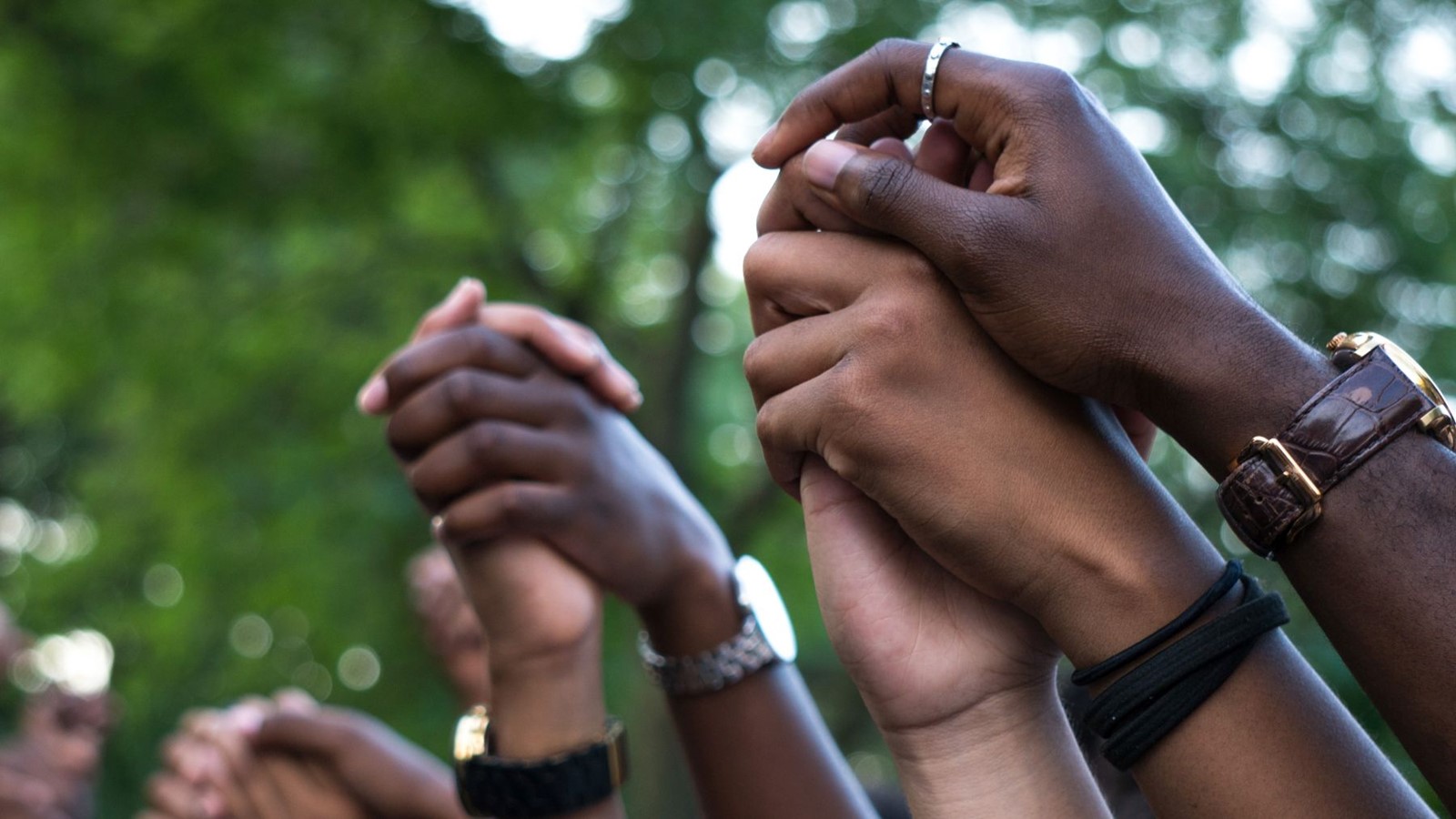In recent weeks we have seen an uprising following the murder of George Floyd in the USA which has triggered widespread protests. The impact of the incident has clearly been immense and for many in the BAME community, including myself, it has resurrected historical intergenerational and present racial trauma.
I have found watching what happened to George and many others in the past extremely painful and I am using my social media platform to speak up.
We need to talk and stop the silence. Silence is harmful.
This movement encourages us to learn to be better. It asks us to really look at our own privileges and prejudices and work on ourselves. I encourage us all to have conversations in supervision, personal therapy, network groups, with peers and educates ourselves so that we can truly understand. We cause harm without even knowing it. Racism is deeply imbedded; we need to work harder internally to tackle the structural and institutional racism that is all around us.
This movement is powerful, as every movement in black history has been. Where would we have been now if for example Rosa Parks had not decided that day to refuse to give up her seat on the bus. Courageous actions by us all have the power to create change. What I like about this movement is that the message is clear – it is not enough to sit in your comfortable silence and say that you are not racist. It is not enough to tell yourself that you do not see colour. We need you to see colour and we need you to stand up, speak up and be anti-racist. It is all of our responsibility to fight oppression, it is not OK to leave it to people of colour. People of colour are traumatised exhausted and in pain.
I have started these conversations this week with my team, and there has been an outpouring. The voice of BAME therapists have highlighted barriers to training; inadequate training on race, diversity, and culture; lack of support on courses; the re-traumatising experiences on training courses and having been met with silence repeatedly. The voice of white therapists has highlighted a deep desire to connect and do something to help. The emotions expressed have been of shame, anger, and guilt.
Our psychological theories are not fit for purpose, and our profession is not accessible enough to people of colour. We need change.
Silence keeps structural racism in place – this movement is about change.
The aim is love and connection and for nobody to be treated differently based on their race.
Black lives matter. Break the Silence. Breathe.
More from BACP Private Practice

BACP Private Practice division
BACP Private Practice supports members who work in, or are about to embark upon, counselling or psychotherapy in private practice.

Private Practice
For counsellors and psychotherapists in private practice. The quarterly professional journal of BACP Private Practice division.

Private practice toolkit
Whether you're seeking support on managing your current practice, looking to develop your business, or thinking about starting out on your own, this toolkit aims to help you on your private practice journey.
Views expressed in this article are the views of the writer and not necessarily the views of BACP. Publication does not imply endorsement of the writer’s views. Reasonable care has been taken to avoid errors but no liability will be accepted for any errors that may occur.
